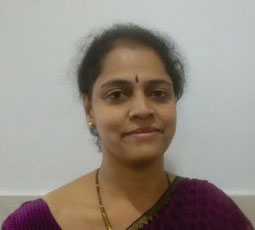Interview with Dr. Supriya Sundaram, Pulmonologist, Kauvery Hospital
Dr.Supriya Sundaram is trained and specialized in Respiratory Medicine in one of the premier centres of UK – Cambridge. She has a wide range of experience in all fields of respiratory medicine. She also has vast expertise in both General and Interventional Instrumentation for respiratory disease. Dr Supriya is fully trained in post operative care for patients receiving lung transplant.
Q. What is Pulmonology?
A. ‘Pulmonology’ is the Latin word for study of chest diseases. A Pulmonologist deals with chest diseases and is specialised to do so.
Q. What are the most common types of pulmonary diseases and disorders?
A. The lung has 4 parts to function effectively. The tubes that carry oxygen, the lung tissue that transfers oxygen to the blood, the lining of the lung and the chest wall. Any of these 4 parts can be affected and cause disease.

Diseases of the tubes include Asthma and Bronchitis. Diseases of the lung tissue are Pneumonia and Interstitial lung disease. Diseases of the lining of the lung are Pleurisy and Pleural effusion. Diseases of the chest wall are caused by nerve diseases like Polio, Motor neuron disease. TB and Cancer can affect all parts of the lung.
Q. How to differentiate between a head cold and allergies?
A. ‘Head cold’ is a common word used for sinusitis or viral infections. All ‘head colds’ are not allergies. Allergy is when a person reacts to a substance that is either inhaled or eaten or touched. Allergic reaction can vary from itching of skin and eyes to sneezing and nose block. Sometimes an allergy can be so severe that the throat gets blocked and there can be wheezing.
Q. What are the pulmonary disorders in children and who treats them?
A. Asthma and bronchitis are the commonest chest problems in children. The Child specialist or Paediatrician is the best person to deal with these problems.

Interview with Dr.Supriya Sundaram, Pulmonologist, Kauvery Hospital

